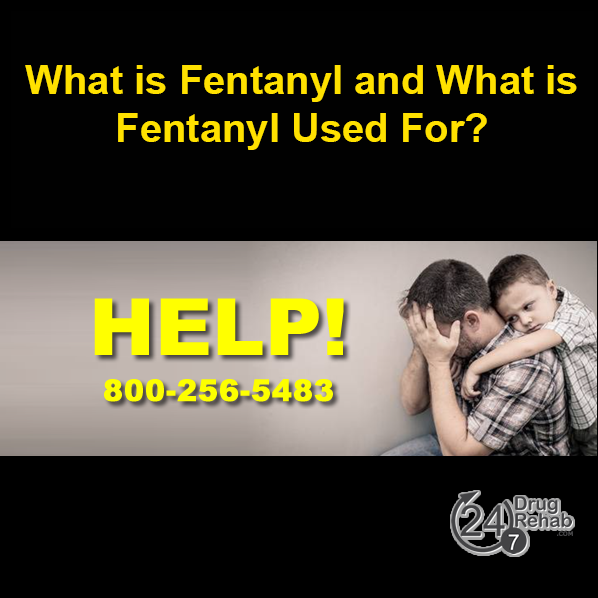What is Fentanyl and What is Fentanyl Used For?
Fentanyl, a word that has gained considerable attention in recent years, is often associated with the ongoing opioid epidemic. This post aims to shed light on what fentanyl is, its medical applications, and the associated risks.

Definition of Fentanyl
Fentanyl is a powerful synthetic opioid analgesic that is similar to morphine but is 50 to 100 times more potent. It’s a schedule II prescription drug, meaning it has a high potential for abuse and can lead to severe psychological or physical dependence.
Medical Uses of Fentanyl
- Pain Management: Fentanyl is medically used to treat patients with chronic pain, especially those with advanced cancer pain. Given its potency, it’s often used for patients who have built a tolerance to other opioids.
- Anesthetic: It is also used as part of anesthesia protocols to help prevent pain after surgery or other medical procedures.
How is Fentanyl Administered?
Fentanyl can be administered in several forms:
- Patches: Transdermal patches that release the drug slowly, over time.
- Lollipops and Dissolvable Tablets: Meant for buccal (in the cheek) absorption.
- Injectable Form: Administered by medical professionals.
The Opioid Epidemic and Fentanyl
Fentanyl has been linked to a significant number of overdose deaths across the U.S. Its potent nature means that even a small amount can be lethal.
- Illicit Use: Apart from its medical application, fentanyl has been made illicitly and sold as a street drug. In some instances, fentanyl has been added to other drugs, like heroin, leading to unintentional overdoses.
- Potency: A dose as small as 2 milligrams can be fatal for most people. Given its potency, there’s a very narrow margin between a therapeutic dose and a deadly dose.
Signs of Fentanyl Overdose
Recognizing the signs of fentanyl overdose can be life-saving:
- Difficulty breathing or shallow breathing
- Confusion, dizziness, or lightheadedness
- Tightness in the chest
- Constricted or pinpoint pupils
- Extreme fatigue and trouble walking or talking
- Blue or purple tint to lips and fingernails
If someone is suspected of overdosing on fentanyl or any opioid, it’s crucial to call 911 immediately. Administering naloxone, if available, can reverse the effects of the overdose.
Safety Precautions
For those prescribed fentanyl for medical reasons:
- Always use the medication as directed.
- Avoid mixing fentanyl with alcohol or other drugs unless approved by a physician.
- Keep the drug out of reach of children and pets.
- Never share your medication with others.
Conclusion
Fentanyl, while a potent and effective medication for pain management, comes with high risks when misused. It’s essential to understand its applications, potential for misuse, and the dangers associated with it. If you or someone you know is struggling with fentanyl or opioid use, it’s crucial to seek help immediately. As with all medications, using it responsibly and under the guidance of a medical professional is the best approach.


Recent Comments